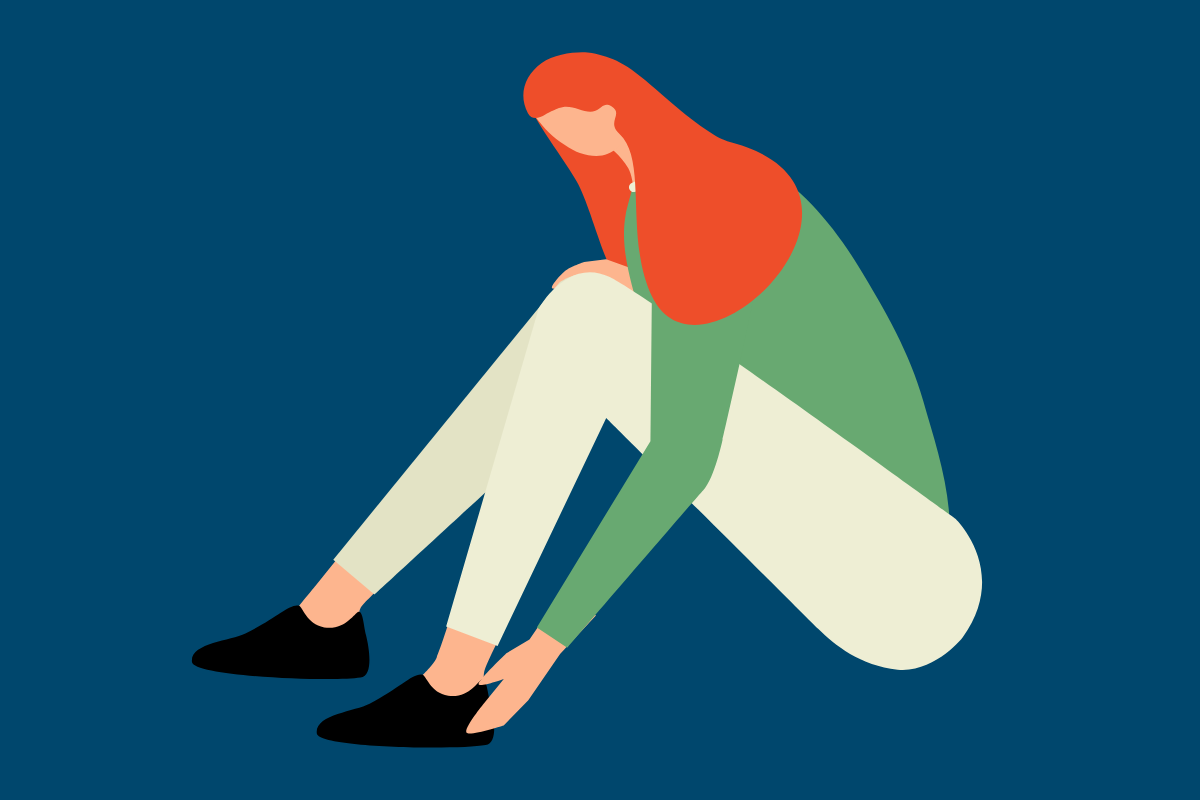All posts
Signs of an Eating Disorder
Are you worried you or someone you know might have an unhealthy relationship with food? According to the Butterfly Foundation, ‘disordered eating’ refers to eating patterns that can include restrictive dieting, compulsive eating, or skipping meals. The number of people in Australia with an eating disorder at any given time is estimated to be around […]


Are you worried you or someone you know might have an unhealthy relationship with food?
According to the Butterfly Foundation, ‘disordered eating’ refers to eating patterns that can include restrictive dieting, compulsive eating, or skipping meals.
The number of people in Australia with an eating disorder at any given time is estimated to be around 1 million – approximately 4% of the population.
Lifetime prevalence for eating disorders is approximately 9% of the Australian population.
Some of the most common eating disorders include binge-eating disorder, anorexia, and bulimia.
While everyone’s experience is different, these are some behavioural and physical signs that could indicate an eating disorder.
It’s important to remember that someone with an eating disorder may encounter some or none of these symptoms, and experiencing one or more of these symptoms doesn’t necessarily mean you have an eating disorder.
Behavioural signs of an eating disorder
- Extreme fear of gaining weight
- Negative or distorted body image
- Preoccupation with weight, food, calories, carbohydrates, fat grams, and dieting
- Refusal to eat certain foods or restricting against whole food groups (e.g. no sugar or no carbohydrates)
- Uncomfortable eating in public or around others
- Making excuses for not eating
- Food rituals (e.g. eats only a particular food or food group, doesn’t allow foods to touch on plate)
- Skipping meals or only eating small portions of food at regular mealtimes
- New habits with food or fad diets (e.g. vegetarianism/veganism, no dairy)
- Withdrawal from friends, family, and usual interests
- Frequent dieting
- Excessive exercising
- Excessive concern with body size and shape
- Frequent checking in the mirror
- Irritability or extreme mood swings.
Physical signs of an eating disorder
- Fluctuations in weight, both up and down
- Stomach cramps and other complaints (e.g. constipation, acid reflux)
- Menstrual irregularities
- Difficulty focusing
- Anaemia, low thyroid function, low hormone levels, low potassium, low white and red blood cell counts
- Dizziness and fainting
- Feeling cold all the time
- Difficulty sleeping or staying asleep
- Dental problems (e.g. cavities, discolouration of teeth, tooth sensitivity)
- Dry skin and hair, brittle nails
- Fine hair on body (lanugo)
- Muscle weakness
- Impaired immune function.
Where to get help
Our counsellors offer a respectful and confidential space to speak with you about your concerns and provide referrals to appropriate support services.
You can learn more about our counselling services here, or call 1300 364 277 to book an appointment.
Eating disorders are complex mental illnesses caused by genetics and environmental factors, and negative body image is just one potential contributor.
With this in mind, we’ve listed 10 ways you can encourage a healthier body image mindset for yourself and/or your children in this blog post.
Back to all posts